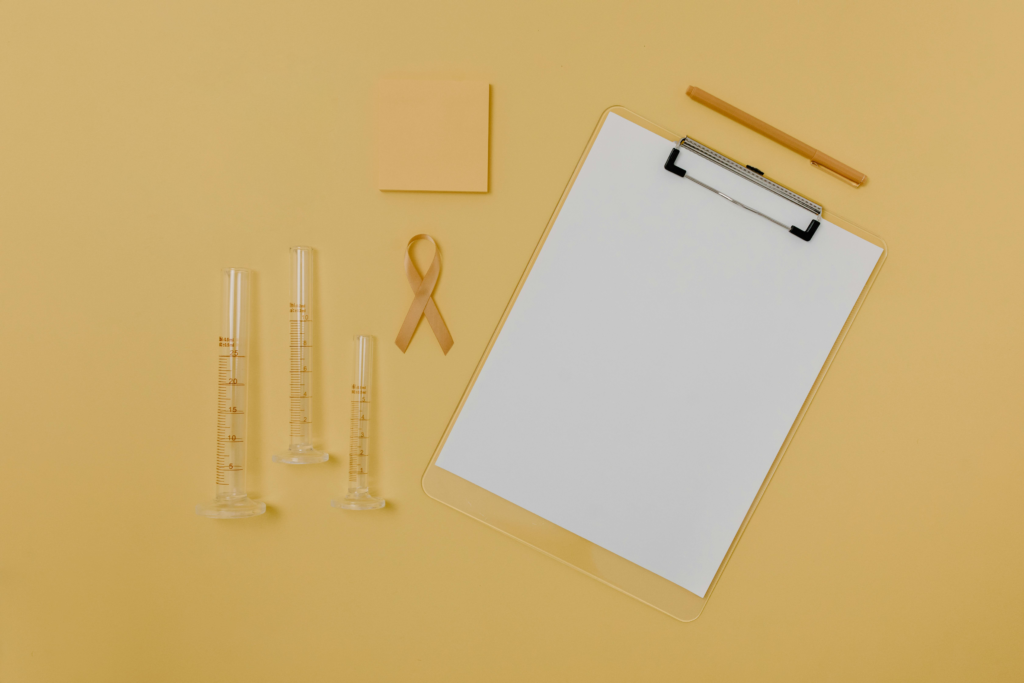Understanding Chemotherapy Side Effects
Supporting You Through Every Step of Your Cancer Journey
What is chemotherapy?
Chemotherapy is a common and effective treatment for many types of cancer. It works by targeting and destroying rapidly dividing cells—but this means it can also affect healthy cells in the process. As a result, patients may experience various side effects that impact both physical and emotional well-being.

At BMS Clinic, we take an integrative approach to care, helping you manage the side effects of chemotherapy while supporting your overall health, strength, and recovery.
Common Side Effects of Chemotherapy
Chemotherapy affects everyone differently, depending on the type of drug, dosage, and individual response. Some of the most common side effects include:
• Fatigue –
A frequent complaint, fatigue may result from the body’s response to treatment, anemia, or the general toll of fighting cancer.
• Nausea & Vomiting –
These are common side effects caused by the impact of chemotherapy drugs on the stomach or brain.
• Hair Loss –
Often temporary, hair loss occurs because chemotherapy targets all fast-growing cells, including hair follicles.
• Infection Risk –
Chemotherapy lowers white blood cell counts, weakening your immune system and increasing susceptibility to infections. Even minor illnesses can become serious, so monitoring and prevention are critical.
• Bleeding or Bruising Easily –
Some drugs affect platelets, the cells responsible for blood clotting. This can lead to easy bruising, frequent nosebleeds, or prolonged bleeding from small cuts.
• Anaemia –
A decrease in red blood cells can cause tiredness, shortness of breath, and dizziness. Addressing anemia can help improve your energy levels during treatment.
• Infertility –
Certain chemotherapy drugs can affect fertility temporarily or permanently. Discussing fertility preservation before treatment is an important step, especially for younger patients.
• Lymphoedema –
This is a swelling—often in the arms or legs—caused by damage to the lymphatic system. It’s more common when chemotherapy is combined with surgery or radiation in areas near lymph nodes.
• Mouth Sores & Digestive Issues –
Chemotherapy can affect the lining of your mouth and gut, causing sores, changes in appetite, constipation, or diarrhea.
• Skin and Nail Changes –
Dryness, sensitivity, discoloration, or brittleness may occur.
How BMS Clinic Helps You Cope and Heal
We believe chemotherapy side effects should never be ignored or endured in silence. At BMS Clinic, we provide integrative medical support to help your body cope with treatment, recover faster, and feel better overall:
• Immune support therapies to reduce infection risk
• IV nutrition and hydration to combat fatigue and support detoxification
• Therapies for anemia and low blood counts

We’re With You at Every Step
Chemotherapy can be challenging—but you don’t have to face it alone. Whether you’re just starting treatment or looking for support midway through, our team is here to help your body stay strong and your mind at ease.
